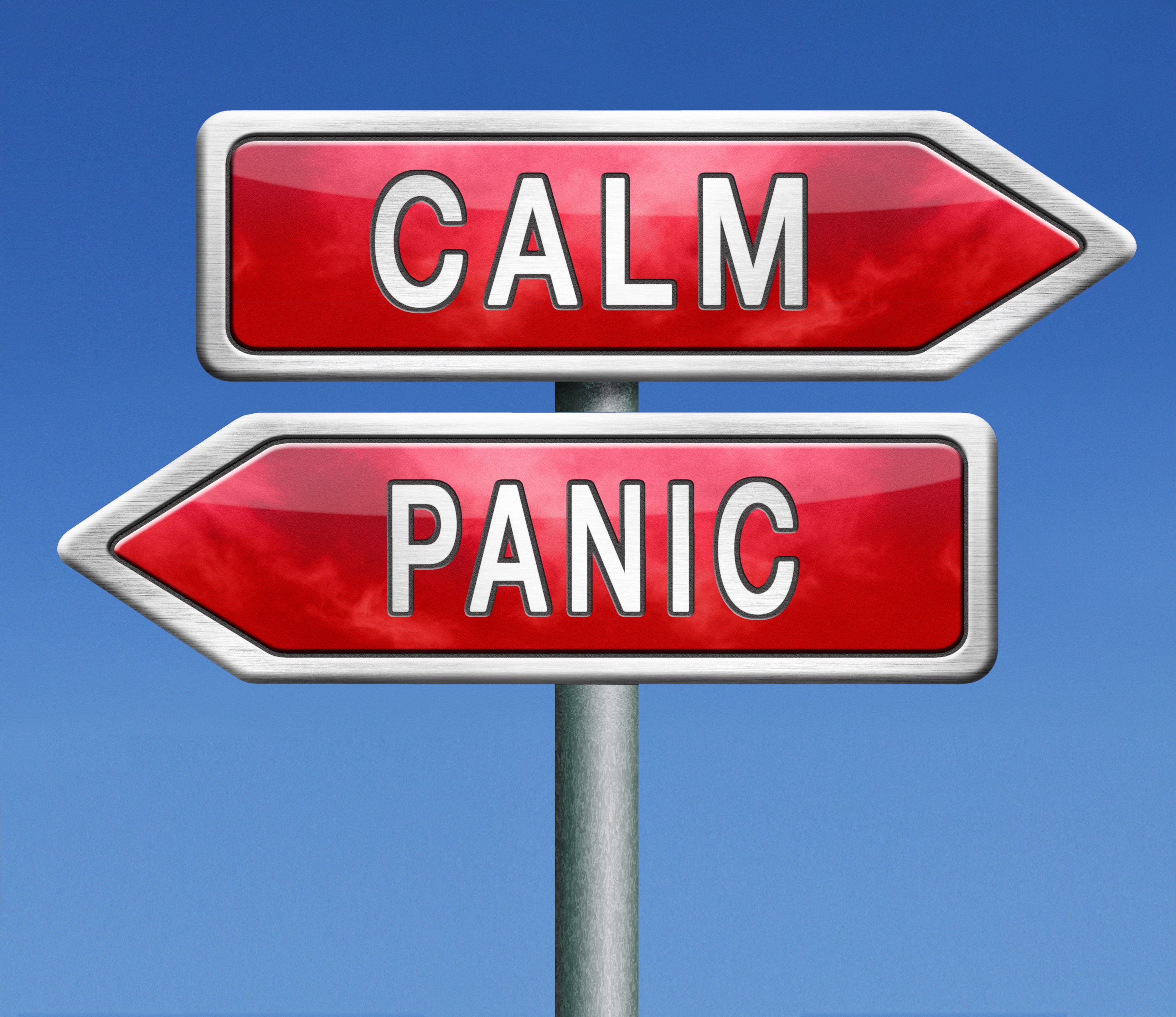One thing I have noticed during this pandemic is the variety of responses to the same stressful event: COVID-19. We know from research on trauma that not everyone responds to the same stressful event in the same way. There are variables. We know, for example, that the majority of individuals who experience traumatic events do not develop post-traumatic stress disorder (PTSD) or mental health symptoms. The development of symptoms depend on multiple factors. These factors are both contextual and genetic.
Depending on our immediate context: if we have the virus, if we are healthy, if a loved one has the virus, if we have lost our job, if we have income, if we are home-schooling, if we are in a loving relationship, if we are in a violent relationship, if we have social support, if we are in prison, if we have a disability, if we are homeless, if we own our property, if we have sickness benefits, if we have enough money, if we are connected to important people in our lives, if we have family support, if we have a spiritual or religious practice, if we have had a stable, solid upbringing, if we have had many stressful events in the course of our life, if our families were resilient and able to deal with stressful events… depending on all these variables (particular to us and our present & past circumstances), we will all respond differently to COVID-19. There is no right or wrong way. Of course we have a social responsibility to minimise the risk of spread in the community, but actions aside, the immediate, automatic way in which we react is not right or wrong. It just is.
However, we do have some choice in how we manage our reactions and how we behave. We can either be guided by anxiety and panic, or attempt to lower our anxiety. It’s not easy to remain calm during a period of social anxiety. Anxiety is contagious. It’s difficult to calm oneself down when others are anxious. And yet, those who remain calm will also influence and lead others toward calm. Calm helps us think more effectively and make better choices. How could we be leaders of calm affecting thoughtfulness during this emotional storm?
Another thing I have noticed recently, is how people in families and households are taking different positions around what ‘should be done’ in response to COVID-19. If one family member is calm, the other is anxious. If one wants to adhere to more rules around hygiene or social distancing the other wants to adhere less to the rules. These differences between human beings have always existed, one likes the house more tidy, the other is more relaxed around mess. Yet during periods of social anxiety the differences between us are magnified. During a pandemic if we let ourselves be ruled by anxiety we can easily polarise. In Bowen Family Systems Theory these relational dynamics are called ‘reciprocities’. Reciprocity speaks to the idea that we behave in reaction to others rather than in alignment with ourselves and how we would like to behave.
I have been asking myself these questions: How are we managing our own responsibilities rather than reacting to how others are managing theirs? How are we managing our anxiety so that we can do our best thinking and be a resource to ourselves, our family and our communities? How much of our behaviour is guided by reactions to others and how much of it is guided by our own best thinking?







